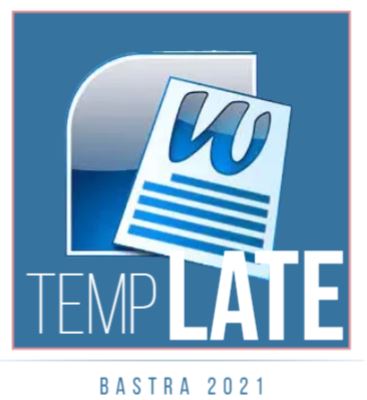PENERAPAN TEKNIK PERMAINAN MALEN NACH WÖRTERN DALAM PEMBELAJARAN BAHASA JERMAN UNTUK MENINGKATKAN PENGUASAAN KOSAKATA
Keywords:
implementation, gamestechniques, malennachwörtern, vocabulary masteryAbstract
This research is a classroom action research that uses two cycles. The purposes of this research are to describe the process of the implementation ofMalennachWörtern GamesTechniques in German Language Learning and to increase of students’ vocabulary mastery of the first semester students of German Language Education study program, the state university of Medan. The sample in this researchare 30 students ofthe first semester student German Language Education study program. The implementation ofMalennachWörtern GamesTechniques went smoothly, based on the scenario. Based on observations in the first cycle, the students may respond well and enthusiastic in implementingMalennachWörtern gametechniques. Theaverage ofpre-test resulting value was 60, while the average of final test was 70. Based on the evaluation and reflection on the first cycle, improvements occurred in the second cycle. The resulting value at the end of the second cycle test average was 85. Based on the value of the first cycle and the second cycle, it can be concluded that students increase their vocabulary mastery by using MalennachWörterngamestechniques.
Downloads
Published
How to Cite
Issue
Section
License
Authors who publish with PENTAS agree to the following terms:
Authors retain copyright and grant the Engagement right of first publication with the work simultaneously licensed under a Creative Commons Attribution License (CC BY-SA 4.0) that allows others to share (copy and redistribute the material in any medium or format) and adapt (remix, transform, and build upon the material) the work for any purpose, even commercially with an acknowledgement of the work's authorship and initial publication in BASTRA.
Authors are able to enter into separate, additional contractual arrangements for the non-exclusive distribution of the journal's published version of the work (e.g., post it to an institutional repository or publish it in a book), with an acknowledgement of its initial publication in BASTRA.
Authors are permitted and encouraged to post their work online (e.g., in institutional repositories or on their website) prior to and during the submission process, as it can lead to productive exchanges, as well as earlier and greater citation of published work (See The Effect of Open Access).

This work is licensed under a Creative Commons Attribution-ShareAlike 4.0 International License.








